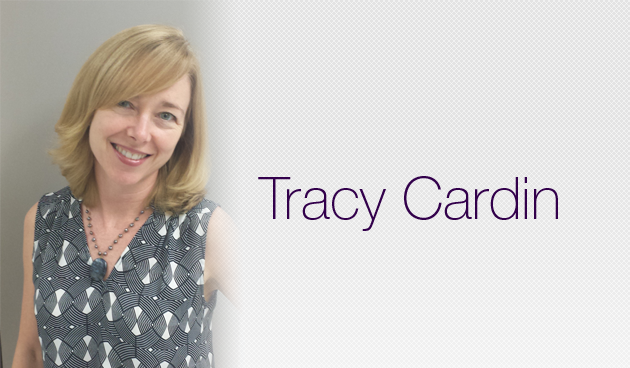My 85 year old patient was brought in from home. She was cachectic, contracted, minimally responsive to questions, covered in multiple decubitus ulcers on both hips, both knees, both shoulders, and her sacrum. She had polymicrobial sepsis-bacteremic with two different organisms. She was, in fact, dying.
Despite her profoundly debilitated condition, her son, who cared for her at home wanted “everything” done. So she was placed on IV fluids, antibiotics, received an infectious disease consult, had a tunneled line placed, was started on TPN etc., etc. The medical team had a family conference, but could not dissuade the family from the aggressive plan of care to “do everything.” An ethics consult was called. No decisions to change the plan of care were made. Ultimately the patient did improve somewhat, but she was stuck in the hospital as it was felt to be “unsafe” to discharge her home, without hospice level care. No skilled nursing facility would accept her. The LTAC that did accept her was refused by the son.
I’m sure many of you out there could tell a similar story.
Many years ago patients were managed under a provider’s care with the overarching principle of “paternalism.” Patients and their families were under the guidance or mercy of the autocratic physician who made decisions about what care to pursue, when to back off and when to give up. But as time went on this concept gave way to a kinder, gentler, certainly a looser framework known as “patient autonomy.” This concept was born around the same time as the concept of pain being, “Whatever the patient says it is, whenever the patient says it is.” This patient autonomy concept was manifested in a more patient centered perspective yes, but it also made providers the passive watchers to an unfolding game, with total responsibility and little if any authority.
Sigh.
Like most systems – politics, weather, nutrition – these polarized extremes, autocratic paternalism versus loosey goosey patient autonomy, simply lead to degradation of relationships and societal frameworks. As Abe Lincoln said, “A house divided cannot stand.” So in light of this I propose a new principle to guide us in our patient and family interactions. It is called maternalism.
Yes, you may have heard of it before, but this is maternalism in the setting of our patients. We providers are entrusted with their care and well being. We want them to heal and then grow and develop. We will nurture them, support them, give them some reign to make their own decisions because, for the most part, making their own decisions is what is best for patients. But when patients or their families choose to make decisions that equate to a teenage beer bong party, we should have the right to disagree and refuse to give them the keys to the proverbial car.
We as providers, maternalistic providers, do NOT have an obligation to allow patients and families to demand interventions that will not be beneficial. In the aforementioned case, there is absolutely NO reason to start TPN on this patient. There is no data to support it. No improvement in patient outcomes. So why did we give in for the demand of this? Powerlessness in the setting of patient autonomy.
Imagine the conversation with the patient or family member that went like this: “Yes I’m sorry your mom is reaching the end of her life, that she is dying, something that will happen to all of us one day. Yes it is true that providers are not God; we do not have a crystal ball to know for sure when. We will give your mother aggressive supportive care; we will give her peace and ease; we will make space and support you being here with her. If she is called to a natural death we will not intervene as CPR and ventilators will only prolong her inevitable death. We will not give her artificial nutrition for the same reason. I know you may not agree with this, but we believe this is the right thing for her, and for you. You can always get a second opinion, but this is what we are willing to do out of respect and care for your mom.”
Maternalism. Try it on for size.



Leave A Comment